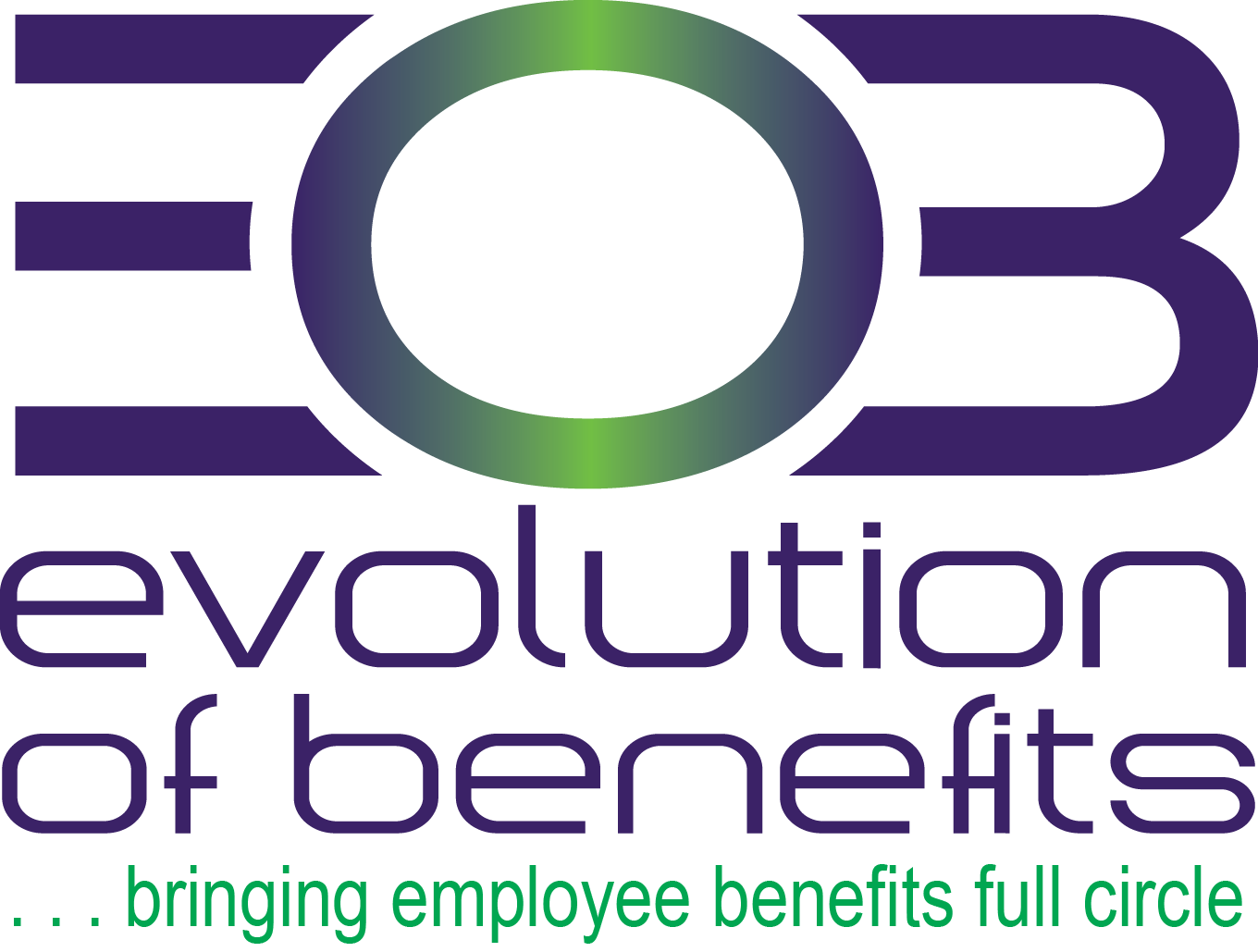Compliance Bulletin – Deadline for Submitting Gag Clause Attestation Is Dec. 31, 2024

Effective in 2020, the Consolidated Appropriations Act, 2021 (CAA) prohibits health plans and health insurance issuers from entering into contracts with health care providers, third-party administrators (TPAs) or other service providers that contain gag clauses (i.e., clauses restricting the plan or issuer from providing, accessing or sharing certain information about provider price and quality and de-identified claims).
Plans and issuers must annually submit an attestation of compliance with the CAA’s gag clause prohibition to the Departments of Labor, Health and Human Services, and the Treasury (Departments). The first attestation was due on Dec. 31, 2023. The next attestation is due Dec. 31, 2024, covering the period since the last attestation.
Compliance Bulletin – Educational Assistance Programs Can Help Pay Student Loans Through 2025

The IRS is reminding employers who offer educational assistance programs that they can also use them to help pay for their employees’ student loans. Though educational assistance programs have been available for many years, the option to use them to pay for student loans has only been available for payments made after March 27, 2020. Under current law, this student loan provision is set to expire Dec. 31, 2025.
In most cases, educational benefits are excluded from federal income tax withholding, Social Security tax, Medicare tax and federal employment (or FUTA) tax. By law, tax-free benefits under an educational assistance program are limited to $5,250 per employee per year, and assistance provided above this level is typically taxable as wages.
Compliance Overview – What Employers Should Know About Seasonal Employment

Many organizations rely on seasonal workers to supplement their regular workforce during peak times. This often occurs during busy seasons or holidays, as there’s an influx of business activity. While similarities exist, there are important differences between seasonal and regular employment. Due to these differences, hiring and reliance on seasonal workers can present significant and unexpected challenges for employers.
Compliance Bulletin – Telehealth Exception for HDHP/HSA Plans May Expire Soon

In response to the COVID-19 pandemic, the U.S. Congress enacted legislation that temporarily allowed high deductible health plans (HDHPs) to provide benefits for telehealth services before plan deductibles were met. This relief became effective in 2020 and has been repeatedly extended. It currently applies to plan years beginning before Jan. 1, 2025.
Employers with HDHPs should review their health plan’s coverage of telehealth services to determine if changes should be made for the plan year beginning in 2025. Unless the relief is extended again, HDHPs must impose a deductible on telehealth services to be compatible with HSA contributions.
Also, any changes to telehealth coverage should be communicated to plan participants through an updated summary plan description or a summary of material modifications.
Compliance Overview – ACA Violations – Penalties and Excise Taxes

The Affordable Care Act (ACA) includes numerous reforms for group health plans and creates compliance obligations for employers and health plan sponsors. The ACA, for example, restricts health plans from imposing pre-existing condition exclusions and requires coverage for preventive care services without cost sharing. Some of the reforms for health plans apply to all health plans, while others apply only to non-grandfathered plans or to insured plans in the small group market
Compliance Overview – DOL’s Cybersecurity Program Best Practices for Plan Fiduciaries

The U.S. Department of Labor’s (DOL) Employee Benefits Security Administration (EBSA) has provided
guidance to assist plan fiduciaries and recordkeepers in their responsibilities to manage cybersecurity risks. According to EBSA, pension plans and health and welfare plans covered by the Employee Retirement Income Security Act of 1974 (ERISA) often hold millions of dollars or more in assets and store and/or transfer participants’ personally identifiable data, which can make them tempting targets for cybercriminals.
Compliance Bulletin – Mental Health Parity: New Comparative Analyses Requirements

On Sept. 9, 2024, the Departments of Labor, Health and Human Services, and the Treasury (Departments) released a final rule to strengthen the requirements of the Mental Health Parity and Addiction Equity Act (MHPAEA). The final rule focuses on nonquantitative treatment limitations (NQTLs) that health plans and health insurance issuers place on mental health and substance use disorder (MH/SUD) benefits.
Compliance Tracker – October

Upcoming Compliance Dates:
A | Provide ICHRA Notice for 2025 Plan Year (Calendar-year Plans Only) – Oct. 3, 2024
Employers that offer individual coverage health reimbursement arrangements (ICHRAs) that operate on a calendar-year basis must provide notice to eligible employees by Oct. 3, 2024.
B | Provide QSEHRA Notice for 2025 Plan Year (Calendar-year Plans Only) – Oct. 3, 2024
Employers that offer qualified small employer health reimbursement arrangements (QSEHRAs) that operate on a calendar-year basis must provide notice to eligible employees by Oct. 3, 2024.
C | Provide Medicare Part D Notices – Oct. 14, 2024
Employers must notify Medicare-eligible individuals by Oct. 14, 2024, whether the health plan’s prescription drug coverage is creditable or noncreditable.
D | File Form 5500 (Extended Deadline for Calendar-year Only Plans) – Oct. 15, 2024
Employers with calendar-year employee benefit plans that applied for the automatic 2.5-month filing
extension must file Form 5500 for the 2023 plan year by Oct. 15, 2024.
Compliance Overview – Employee Assistance Programs

Employee assistance programs (EAPs) are work-based intervention programs that connect employees with resources to identify and address personal problems. EAPs typically include a variety of services to help employees remain healthy and productive, such as mental health counseling, substance use disorder counseling, financial advising, legal services, and resources to address family issues and other personal challenges. EAPs are usually offered at no cost to employees by third-party vendors. They can also be provided as a component of the employer’s group medical plan.
This Compliance Overview summarizes key requirements for EAPs. Employers sponsoring EAPs should ensure they are familiar with these compliance requirements.
Compliance Bulletin – Legal Considerations for Employee Terminations

Employee terminations are often complicated, and if not conducted properly, employers can open themselves up to costly legal challenges and negatively affect their business or reputation. Understanding the legal obligations of employee terminations can help employers ensure this process is conducted in a manner that minimizes legal risks and accounts for various business considerations.




















